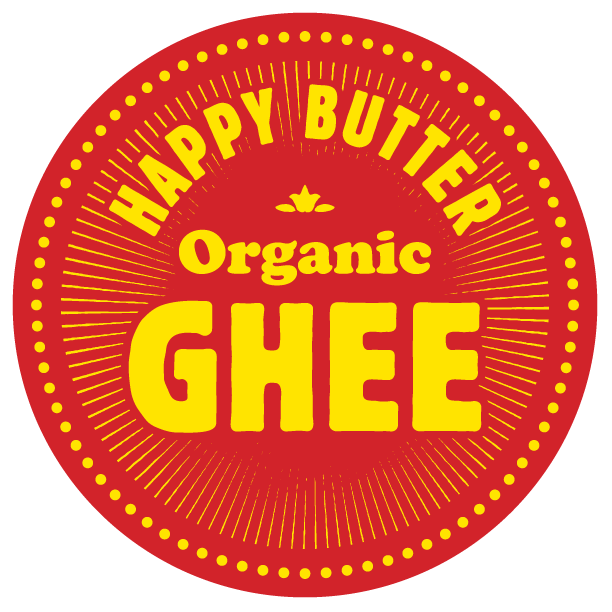Exploring The Fascinating History Of Ghee
Ghee holds a special place in the hearts and kitchens of many. With its history deeply rooted in Indian tradition dating back centuries, in recent years its mainstream popularity has steadily grown and these days ghee has become an increasingly popular choice in many Western kitchens.
Here we take a look at the rich history of ghee by analysing its cultural and religious importance, as well as touching on the various health benefits it can provide.
The Origins Of Ghee
The word ghee is derived from the Sanskrit word "ghrita," and its origins are found in ancient India where it’s been a dietary staple for hundreds of years. Ghee has firmly cemented its position as one of the country’s cultural and culinary traditions and you’ll find the product being used in many Indian dishes.
The process of making ghee involves simmering unsalted butter to remove water and milk solids, leaving behind a rich, golden substance.
Ghee was not only a source of nourishment for millions but also had spiritual connotations in Hinduism and other religious traditions.
Cultural And Religious Significance
Ghee holds spiritual significance in Hinduism, symbolising purity and representing the sacred energy of the sun and the fire god Agni in various religious rituals. It's also regarded as a sacred offering to deities during prayer.
In Indian weddings, the bride and groom often circle the sacred fire while feeding it with ghee, which is a symbol of their commitment to the sacred flame (and each other).
Hinduism isn’t the only religion ghee is revered in. The product is also prominent in Sikhism, Buddhism and Jainism where it holds significance as a pure substance used in religious ceremonies and rituals.
Dietary Preferences
Ghee has been a key component in the diets of many people for centuries. Its rich flavour and high smoke point make it a preferred cooking fat in regions where it's readily available.
However, dietary and religious preferences have led to variations in ghee preparation.
For example, in Ayurvedic traditions, ghee is prepared by churning yoghurt or dahi, giving it a distinct quality.
Likewise, religious practices may also affect how a particular type of ghee is made. For instance, while some adhere to the tradition of making ghee exclusively from cow's milk, others may use buffalo milk.
Ghee In Modern Cooking
Ghee's journey from ancient traditions to modern kitchens around the world is a testament to both its versatility and its timeless appeal.
Its unique nutty flavour and adaptability in cooking have made ghee a sought-after ingredient worldwide and in India it continues to be a fundamental component of traditional recipes like daals, curries and desserts.
In Western cuisines, ghee has gained popularity as a healthier alternative to butter due to its removal of lactose and casein, higher smoke point, healthy fat composition, retention of fat-soluble vitamins, potential digestive benefits and reduced risk of allergies.
As well as being used for sauteing, frying and roasting, ghee’s rich, nutty flavour adds depth to a wide range of dishes, from vegetables to baked goods. Some may even use it to spread on toast or add to stuff like popcorn and cakes as an alternative to butter.
Health And Other Benefits Of Ghee
Tradition and taste aren’t the only reasons ghee is enjoyed worldwide. It actually offers an array of health benefits, which are only increasing its popularity outside of South Asia. Here are the main benefits ghee offers:
Nutritional
Ghee is rich in fat-soluble vitamins, like A, D, E and K. It also contains healthy fats and essential fatty acids which make it a good choice for heart health.
High Smoke Point
With its high smoke point, ghee is ideal for high-heat cooking as it doesn't break down into harmful substances like some types of seed oils may do.
Lactose-Free
The clarification process removes milk solids, making ghee suitable for individuals who suffer from lactose intolerance.
May Improve Digestion
Ghee is believed to enhance digestion, improve the absorption of nutrients and soothe the digestive system.
Skin And Hair Benefits
Ghee is often used in skincare and haircare treatments due to its ability to moisturise the skin, promote a healthy scalp and make the hair shiny.
So that just about covers the history of ghee and its journey from India, where it’s still as popular as ever, all the way to the Western recipes it’s now being used in. If you’re keen to start reaping the benefits of this delicious product, browse our healthy grass-fed ghee and transform your home cooking!
